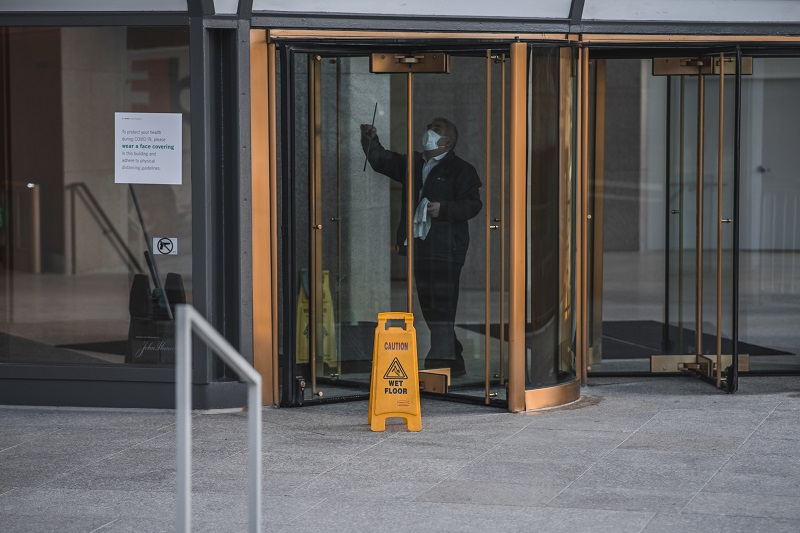Complying with Minimum Wage Requirements
State and federal law require that nearly all employees be paid a minimum wage for all hours worked. In 2016, California passed one of the country’s highest minimum wage laws. Temporary workers and workers paid on a piece rate basis must also be paid the state minimum wage.
California Minimum Wage
To ease employers into higher minimum wage requirements, California has rolled out small annual increases until 2023, when all employees must be paid at least $15.00 an hour.
| Date | 26 or More Employees | 25 or Fewer Employees |
| 2017 | $10.50 | $10.00 |
| 2018 | $11.00 | $10.50 |
| 2019 | $12.00 | $11.00 |
| 2020 | $13.00 | $12.00 |
| 2021 | $14.00 | $13.00 |
| 2022 | $15.00 | $14.00 |
| 2023 | $15.00 | $15.00 |
As of January 1, 2021, employers with more than 25 employees must pay their employees at least $14.00 per hour. Employers with 25 or fewer employees are required to pay their employees at least $13.00 per hour. All employers, regardless of size, will have to pay their employees at least $15 per hour beginning January 1, 2023.
Is minimum wage the same in every county in California?
Local counties and cities in California have passed their own wage laws that exceed state and federal minimum wage requirements. Los Angeles for example, already set its minimum wage at $15.00 for larger employers, while small employers were required to match that rate beginning July 2021.
| Hourly Minimum Wage Rate | |
| Alameda | $15.00 |
| Berkley | $16.07 |
| Emeryville | $16.84 |
| Fremont | $15.00 (26 or more employees)
$13.50 (25 or fewer employees) |
| Los Angeles (City and Unincorporated Areas of County) | $15.00 (26 or more employees)
$14.25 (25 or fewer employees) |
| Malibu | $15.00 (26 or more employees)
$14.25 (25 or fewer employees) |
| Milpitas | $15.40 |
| Novato | $15.24 (100 or more employees)
$15.00 (26-99 employees) $14.00 (1-25 employees) |
| Pasadena | $15.00 |
| San Francisco | $16.32 |
| South San Francisco | $15.24 |
| San Leandro | $15.00 |
| Santa Monica | $15.00 (26 or more employees)
$14.25 (25 or fewer employees) |
| Santa Rosa | $15.20 |
Employers Cannot Average Hourly Wages
A minimum wage for each hour worked must be paid in California. Employers cannot average hourly wages. This means that employers cannot pay a “premium” rate for certain hours worked, while paying less than the minimum wage for all other hours worked. Tips are not included in calculating an employee’s minimum wage.
What If You Haven’t Paid the Minimum Wage?
If an employer has been paying less than the minimum wage, it can be subject to liability for unpaid wage amounts plus a penalty of equal value. Employers may also be required to pay an employee’s legal fees spent trying to recover their unpaid wages.
Employers should be careful not to do anything that may constitute retaliation after employees exercises their rights to be paid minimum wage. If an employee brings a complaint about any wage practices, the employer should not discriminate against that individual in any manner, including but not limited to threatening suspension, demotion, or termination.
Are All Employees Entitled to Minimum Wage?
Some employees are exempt from minimum wage requirements. These include outside salespersons and a select number of other categories.
Speak With a Martin Law Attorney
Martin Law is available to answer any questions you may have regarding wage and hour laws.


